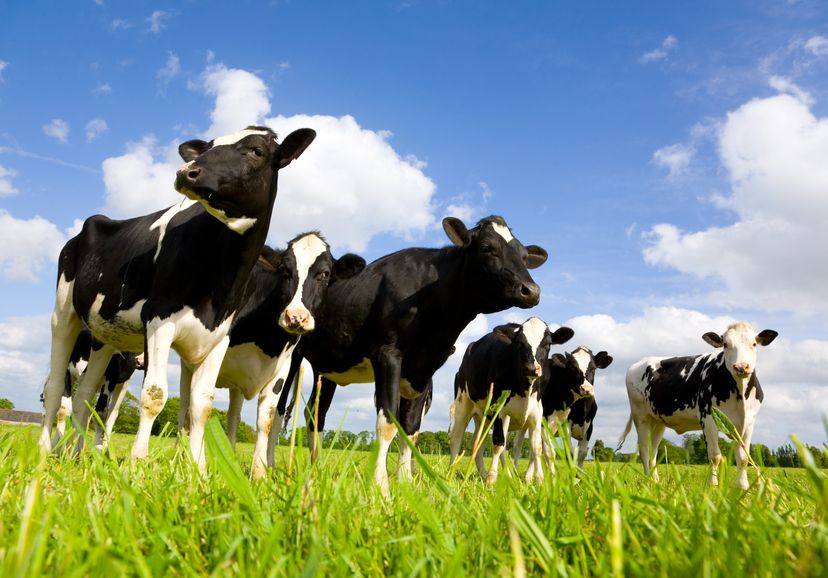
A switch to 100 percent organic farming in the UK would see an increase greenhouse gas emissions, a new study suggests.
Such a shift would yield up to 40 percent less food if the nation did not change its diet, leading to increased imports and a net increase in greenhouse gas emissions.
The study, published on Tuesday (22 October) in Nature Communications, highlights how emissions would rise by 21% compared to conventional farming.
Although organic farming generally creates lower greenhouse gas emissions per commodity, up to 20% lower for crops and 4% for livestock, it also produces less food energy output per hectare.
Dr Adrian Williams, Reader in Agri-Environmental Systems at Cranfield University said: “We predict a drop in total food production of 40% under a fully organic farming regime, compared to conventional farming, if we keep to the same national diet.
“This results from lower crop yields, because yields are restricted by a lower supply of nitrogen, which is mainly from grass-legume leys within crop rotations or manure from cattle on pasture.”
Assessing the need for imports to make up the shortfall, the team estimates that the overseas land area needed to be changed to food production for England and Wales would increase by a factor of five.
This additional land would likely be of sub-optimal quality and therefore not as productive as higher-quality land.
Dr Laurence Smith, Lecturer in Agroecology at the Royal Agricultural University added: “Although resource use can be improved under organic management, there is a need to consider the potential effect on land-use.
“Under a 100% organic scenario in England and Wales, a net-reduction in greenhouse gases would only be achievable if accompanied by a major increase in organic yields or widespread changes to national diets.”
Rates of carbon sequestration – where atmospheric carbon dioxide is captured by plants and stored in the soil – are higher under organic farming because of greater use of manures and longer crop rotations.
However, this is limited to the first decade or two following conversion to organic farming, as the soil will eventually reach a steady-state when carbon sequestration rates fall to zero.
Overall in the 100% organic farming modelling, it was found that sequestration only offsets a small part of the higher emissions from overseas land use.
The research concluded that net GHG emissions under a 100% organic farming production method could increase by 21% over conventional farming baselines.
This is under the assumption that only half the extra overseas land was converted from grassland - going up to 170% if the Carbon Opportunity Cost is added in.
Guy Kirk, Professor of Soil Systems at Cranfield University, said: “Although there are undoubted local environmental benefits to organic farming practices, including soil carbon storage, reduced exposure to pesticides and improved biodiversity, we need to set these against the requirement for greater production elsewhere.”
